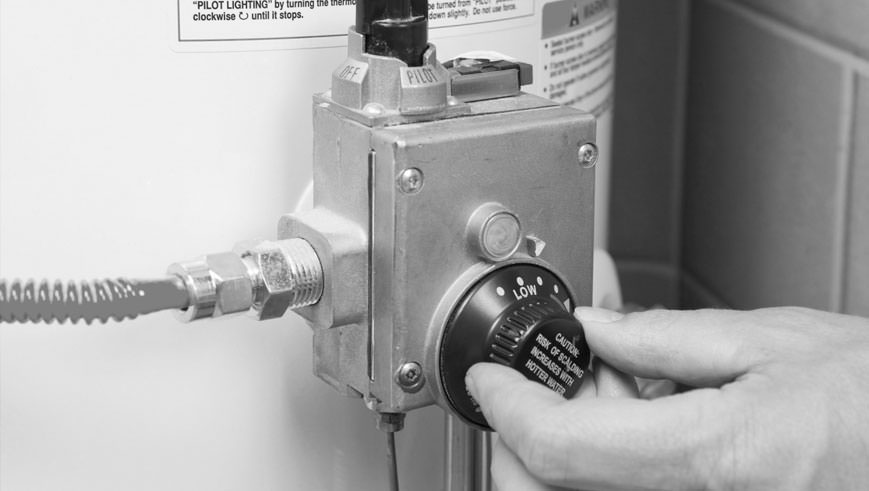Thank you for using
Platinum services
We will send you a link for accessing your service request to the email:
If you haven’t received an email with a link to your dispatch, please make sure you have a Super account with the email you entered and that you supplied the correct confirmation number.
still no link?
Give us a call at (844) 997-8737
Done
Edit Information
Thank you for using
Platinum services
Unfortunately we could not find a claim for the information you provided.
Give us a call at (844) 997-8737
Done
Edit Information
 Click Here To Call Us
Click Here To Call Us


 By Platinum Team
By Platinum Team 





